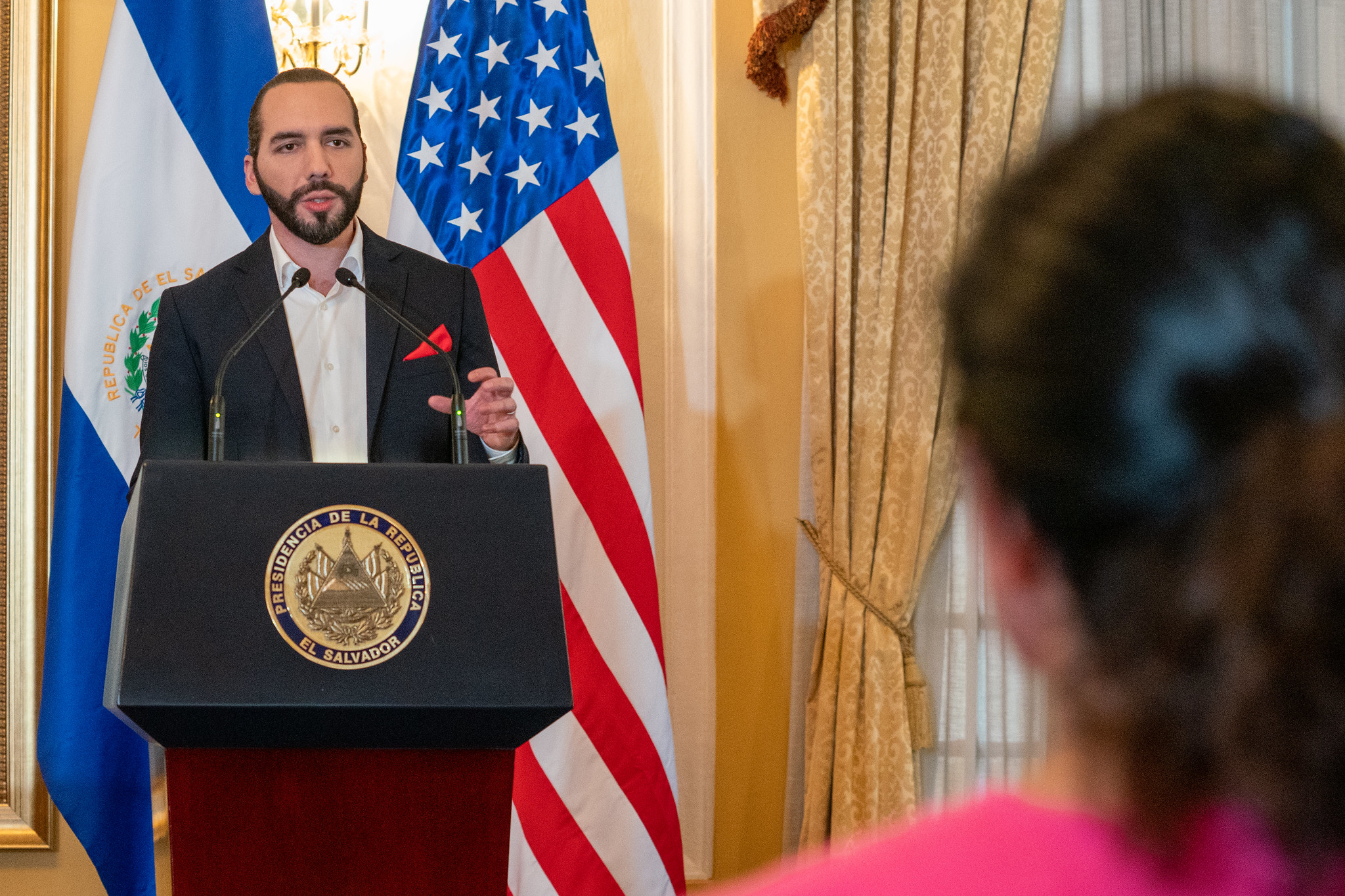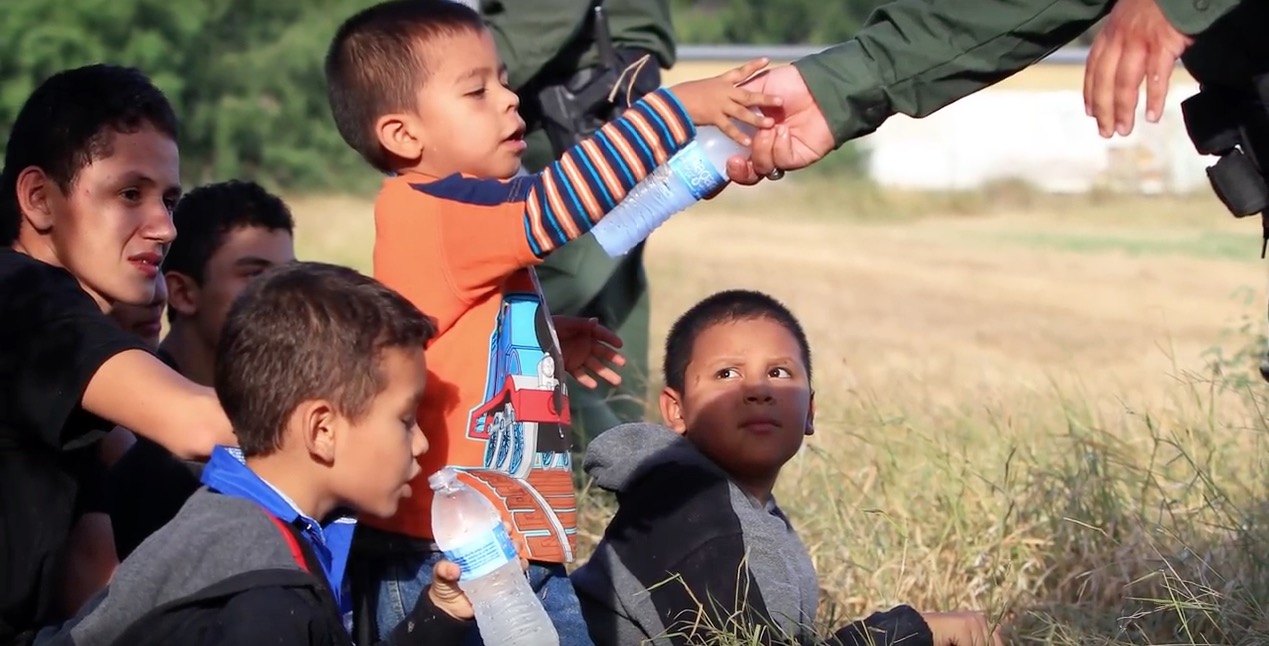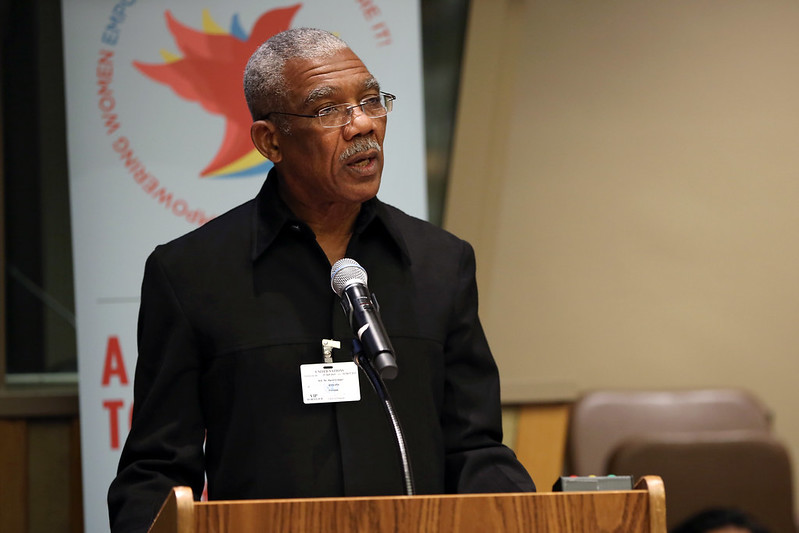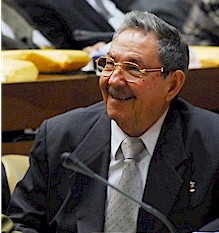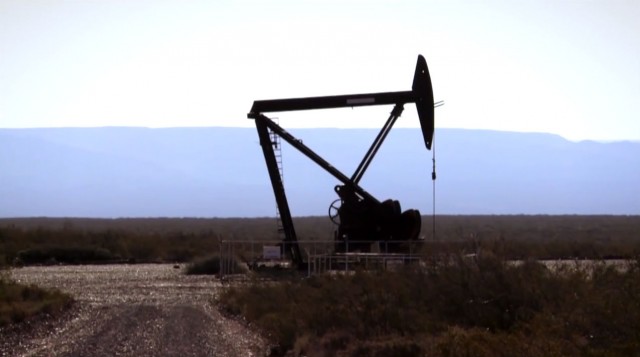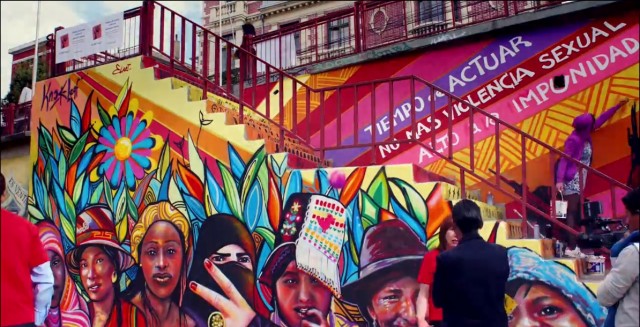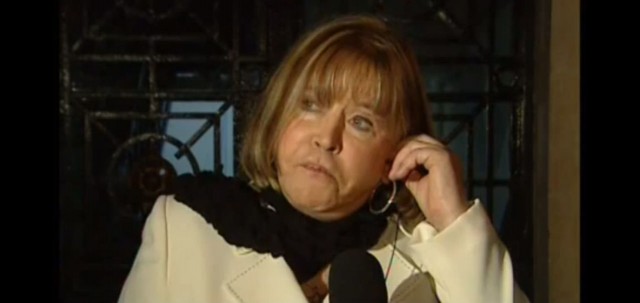
Argentina, Latin America: Week in Review, Southern Cone
Argentine Judge Orders Extradition of Franco-Era Spanish Officials
November 3, 2014 By Staff
Top Story — An Argentine judge has ordered the extradition of 20 former officials from Spain, accused of torturing and killing dissidents during General Francisco Franco’s dictatorship.
The Buenos Aires judge, María Romilda Servini de Cubría, described the extradition request as falling under the doctrine of universal jurisdiction for human rights, which allows cases of human rights violations to be tried across borders.
The ruling seeks to circumvent a Spanish amnesty law that protects former generals from prosecution. Spanish leaders passed the law in 1977 — two years after Franco’s death — as part of the country’s transition to democracy.
Spaniards who say that they were victims of torture filed their lawsuit in Argentina in 2010. Since then, Servini has been working on the case, gathering testimony from upwards of 150 plaintiffs.
Human rights campaigners described Servini’s ruling on Friday as “historic”, saying it marks the first time that Franco’s former officials have been ordered to face the courts under the principle of universal jurisdiction.
The most prominent former officials charged are Rodolfo Martín Villa, 79, and José Utrera Molina, 86.
Martín Villa, a minister under Franco, is accused of orchestrating the suppression a 1976 workers’ protest that left five dead. Utrera Molina, a housing minister during the dictatorship, is accused of signing the execution order of Salvador Puig Antich, an anarchist charged with killing a police officer.
Headlines from the Western Hemisphere
North America
- Seven soldiers in Mexico were charged in connection with the killing of 22 suspected gang members after a shootout with the army in June.
- Mexico questioned local police regarding the killing of three American siblings in the border city of Matamoros, after DNA tests confirmed the identities of the bodies late Friday.
- The New York Times provides an in-depth look at the teacher’s college the 43 missing students attended in Ayotzinapa, Mexico, and its leftist tradition and history of militant protest tactics.
- The Los Angeles Times explores the added weight of Mexico’s Day of the Dead celebrations given the ongoing search for the 43 missing students and mounting violence in the country.
Caribbean
- An American man was found dead in his apartment in the Dominican Republic on Friday, after being bound, gagged and strangled.
- U.S. Ambassador to the UN, Samantha Powers, praised Cuba’s efforts in responding to the Ebola epidemic in Africa, potentially indicating a warming of U.S.-Cuba relations.
Central America
- The Associated Press has a profile of El Salvador’s “lawyer for the dead” Israel Ticas, a self-taught forensic scientist who exhumes graves to help officials solve crimes in a country plagued by brutal violence.
- According to a report by Honduran newspaper La Tribuna, Honduras is in desperate need of judicial reform, as evidenced by the number of convicted gang members who are frequently arrested and released without ever going to trial.
- Fourteen people died and 55 were injured in Honduras on Friday after a bus full of members of a Jehovah’s Witness church drove off the road.
Andes
- A court in Colombia has ruled that the extensive killings and forced displacement operations committed by right-wing paramilitaries in the 1990’s were “state policy.”
- InSight Crime looks at the prevalence of judicial corruption in Bolivia, where 300 public prosecutors are under investigation for potential crimes.
- Colombia Reports has a profile of the latest group of victims to take part in Colombia’s ongoing peace talks between the government and leftist rebel group FARC.
- Bolivian President Evo Morales signed a contract to start the construction of a new presidential palace, whose design will pay homage to the country’s indigenous roots.
Southern Cone
- One of Brazil’s top scientists has warned in a new report that logging and burning in the Amazon rainforest might be related to increasingly severe droughts in the region, like the one currently affecting São Paulo.
- Uruguay has begun the process of registering cannabis growers’ clubs, despite uncertainty over the future of the county’s revolutionary marijuana laws.
- In response to a crippling drought and energy crisis, Brazil has granted contracts for the construction of 31 solar parks.
- The BBC has refused to apologize to Argentina over an incident last month, in which car license plates used during the filming of the show Top Gear were interpreted as an offensive reference to the Falklands War.
Image: YouTube
